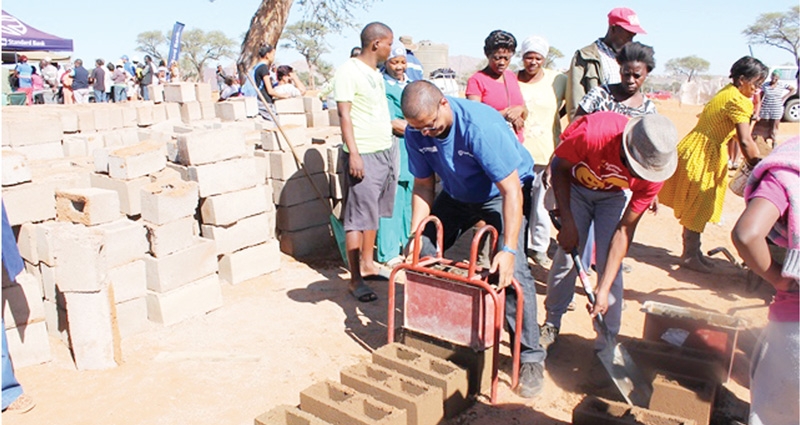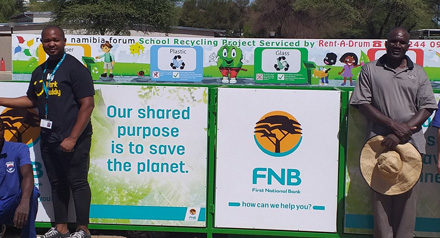
WFP and Capricorn Group’s partnership to strengthen food systems in the country

The World Food Programme (WFP) in Windhoek last week hosted a one-day food security workshop in collaboration with the Capricorn Foundation to strengthen local food systems.
The main emphasis of the workshop was to highlight one of the core fundamentals of the National Development Plans in Namibia which is achieving food and nutrition security for all, said Ms. Ericah Shafudah, WFP’s deputy country executive in a statement.
“During this global food price crisis, joint efforts are imperative to enhance the ability of smallholder farmers to adapt and endure the current climatic and economic conditions. Given these circumstances, safeguarding, and maintaining the livelihoods of vulnerable communities and assisting smallholder farmers in increasing local food production outputs requires a strategic, well-organised, and multi-sectoral approach,” said Shafudah.
The WFP seeks various pathways toward transforming food systems in Namibia as well as to upscale local food production and achieves sustainable development alongside their partner Capricorn Foundation which is no newcomer to striving towards food security.
The foundation last year also launched a food waste challenge in July of 2022 to aid with the eradication of food waste in the country that will continue annually.
“As connectors of positive change, we must collaborate with like-minded organisations like the WFP to engage and seek various pathways toward transforming food systems in Namibia to upscale local food production and achieve sustainable development,” said Marlize Horn, Capricorn Foundations, group executive: brand & corporate affairs and executive officer.
The WFP has commenced with the saving lives and changing lives agenda that aims at providing food for vulnerable populations and empowering communities to become more self-sufficient and resilient in the face of unpredictability.
Namibia has made significant strides in this direction since the UN Food Systems Summit in 2021 which brought together several stakeholders within the food systems sector, concluded Shafudah.












































